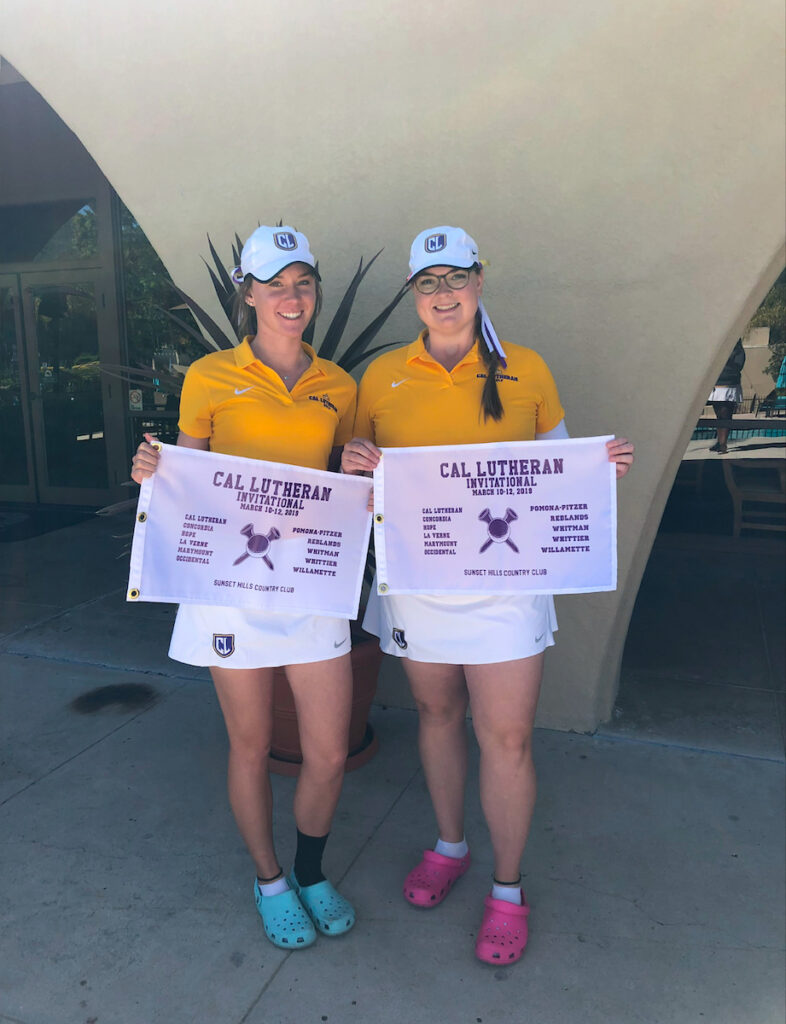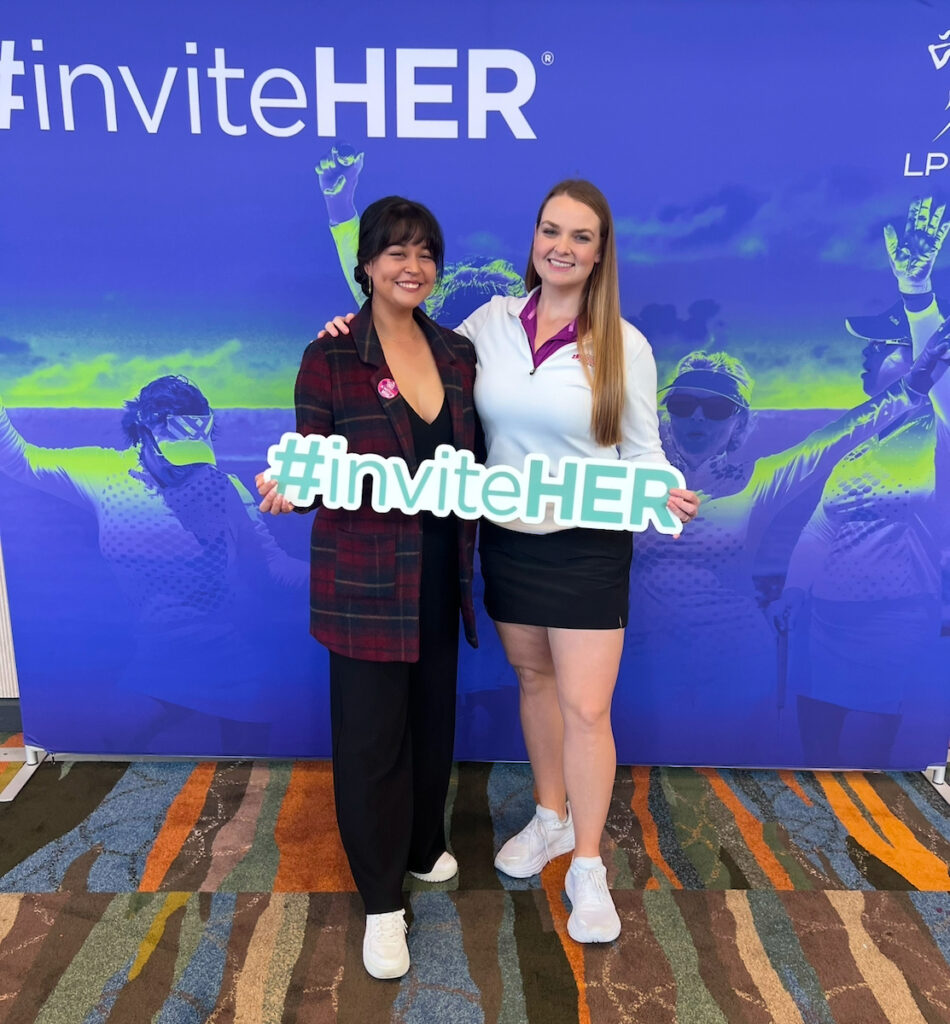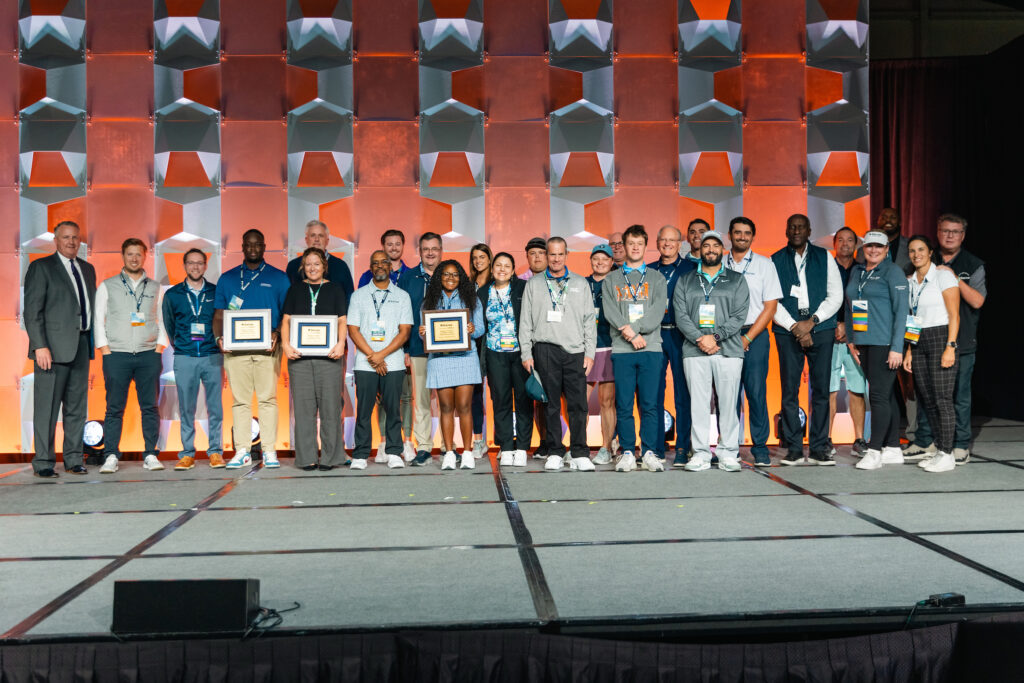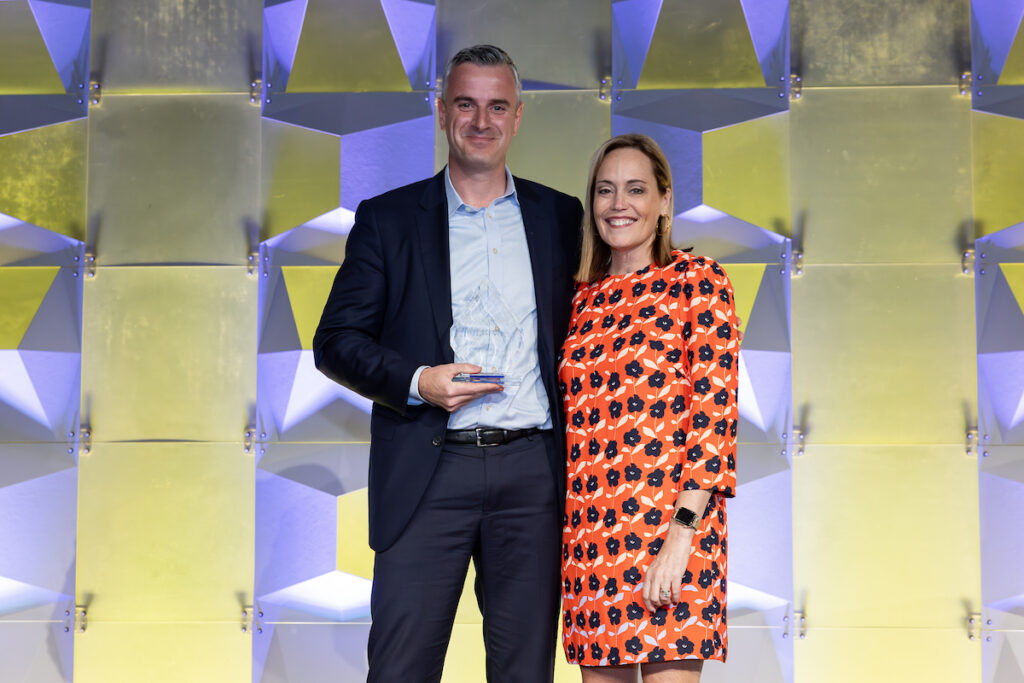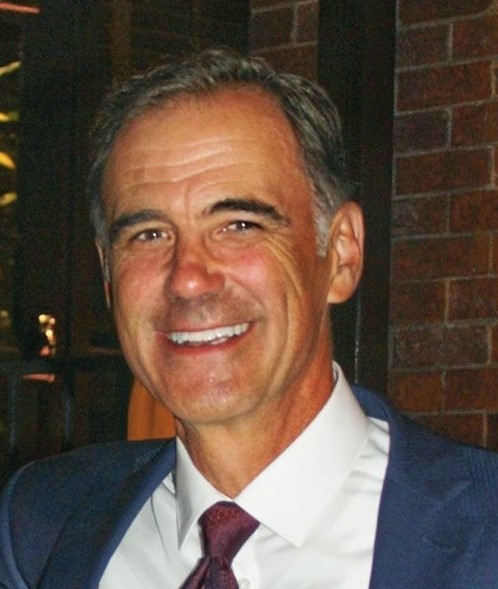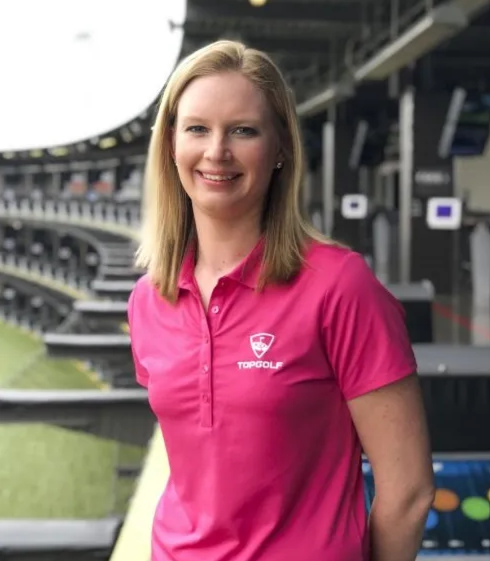Youth sports participation can be a game changer for kids and families. Sports can help kids develop healthy habits and strong motor skills, but the benefits aren’t just physical.
Parents agree that sports create opportunities for teamwork, improve children’s mental health and provide supportive adults to strengthen character development, according to research from First Tee and Harris Poll.
But opportunities to participate in sports can be more limited for girls. According to the Women’s Sports Foundation, girls have 1.3 million fewer opportunities to play high school sports compared to boys.
Enhancing access to sports is one of the aims on National Girls and Women in Sports Day, which celebrates the accomplishments of female athletes and highlights the benefits that come with playing sports, both on and off the field.
Lauren Kyaw manages the coach program at First Tee. As a collegiate athlete now working in youth sports, she’s seen and experienced its benefits firsthand. In honor of National Girls and Women in Sports Day, she shared her thoughts on how sports have changed her life.
FT: What have you personally gained from playing sports?
LK: Playing sports has given me the confidence to try new things and fail. I used to feel like I always had to be “perfect” in school and in life. Playing golf, perfection doesn’t exist.
Playing golf also gave me the opportunity to stay active while doing what I love and connecting with people. I love meeting new people and being able to network, especially with the women in my community.
Playing golf has developed my self-efficacy and grit, where I feel comfortable setting goals and going after them. It helps me stick to something, even when it gets hard and to fight for what I want to achieve.
FT: Do girls face additional barriers when it comes to playing golf?
LK: I have been playing golf for over 10 years and am still intimidated when I’m the only women on the range, practice area or in my group. It sometimes feels like I don’t belong, but I push past that and want to be a role model for other girls who play.
After playing collegiate golf, I have seen so many of my friends and teammates give up the game entirely. It can be very difficult to make time for golf and the things you love, but I think it’s so important to continue to invest in your happiness.
FT: The benefits of playing sports extend beyond physical health. What lessons from sports can girls carry into adulthood?
LK: From my experience, sports help so much with mental health and provide a great way to invest in my overall happiness. I am so grateful when I’m out on the course and love to look at nature, focus on my breathing and disconnect. It gives me the time and space I need to refocus and serves as a restart for me.
Golf has also helped me so much with my body confidence, which is especially important for girls, who can feel pressure to look a certain way. I feel strong when wearing golf attire, especially hot pink!
And on top of that, playing sports has helped so much with my time management. I play a lot of golf, and it takes a lot of time. To be able to do this, I must maximize my time at work and home so I can do what I love. This is so important as a student-athlete, as playing sports can feel like a full-time job. Our college coaches always said, “Good Human- Good Student- Good Athlete,” and it is something I live by.
FT: How do sports serve as a platform for girls to challenge stereotypes and break through societal expectations?
LK: When I play golf, I have often faced pressure to play the “women’s tee” or get looks on the first tee. It takes a lot of courage for me to stand up for myself and ability. I hope new golfers feel the confidence to do the same.
As girls play sports, they showcase their strength and talent. It is amazing to see what our bodies and minds can do and overcome what people think we should be able to do. I always go back to you “swing like a girl”, “hit like a girl”, or “throw like a girl”. From the athletes I know, I would love to play like a girl and win as much as they do.
FT: What role do sports play in promoting gender equality, both on and off the field?
LK: In golf specifically, there are important conversations happening during rounds surrounding business, relationship building and networking. When women feel confident and empowered to play, it brings them into these important conversations and positions them as leaders and decision makers.
When more women play sports, it grows representation and shows girls that they can do it to. I think of women like Ilona Maher, Caitlin Clark and Simone Biles who showcase their strength and ability and are advocates for women in sports. They spark tough conversations, stand up for what is right and push societal expectations so that women are equally recognized in their accomplishments.

